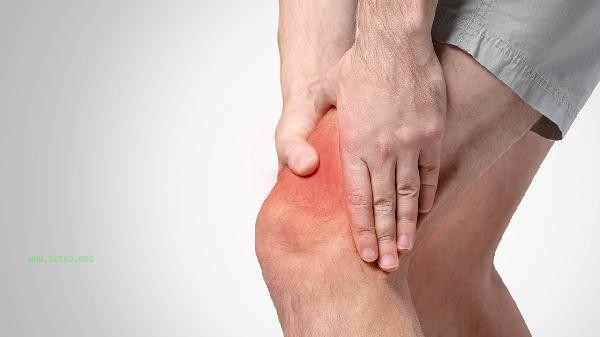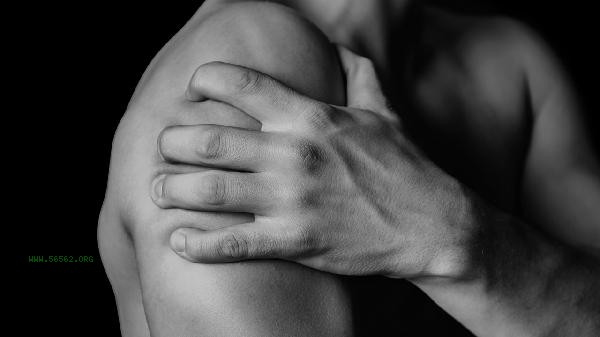Muscle and joint soreness may be caused by excessive exercise, poor posture, nutritional deficiency, inflammatory reactions, degenerative diseases, and other factors.

1. Over exercise
Engaging in high-intensity exercise or repetitive movements in a short period of time may lead to muscle lactate accumulation and joint strain. Commonly seen among fitness beginners or those who suddenly increase their exercise intensity, it manifests as local muscle stiffness and soreness, which can usually be relieved after a few days of rest. Adequate warm-up before exercise and stretching and relaxing after exercise can help prevent such problems.
2. Poor posture
Long term maintenance of incorrect posture, such as playing with mobile phones or sitting for long periods of time in the office, can cause sustained tension in specific muscle groups and uneven distribution of joint pressure. The soreness caused by this condition has a gradual characteristic and may be accompanied by shoulder and neck stiffness or lumbar discomfort. Adjusting the height of tables and chairs and changing positions regularly can effectively improve symptoms.
III. Nutritional Deficiency
Insufficient intake of calcium, vitamin D, or protein can affect muscle repair and joint health. Middle aged and elderly people, as well as those who are on a diet to lose weight, are prone to such problems, with symptoms often presenting as systemic dull pain accompanied by fatigue. Moderate increase in intake of dairy products, deep-sea fish, and soy products can help with nutritional supplementation.

Fourth, Inflammatory Response
Diseases such as rheumatoid arthritis and tendinitis can cause inflammation of the joint synovium or surrounding soft tissues. The typical symptoms include morning stiffness, local redness, swelling, and pain, which worsen after exposure to cold or fatigue. After a clear diagnosis, it is necessary to follow the doctor's advice to use anti-inflammatory drugs and avoid taking painkillers to cover up the condition.
V. Degenerative Diseases
Degenerative diseases such as osteoarthritis and osteoporosis are more common in middle-aged and elderly people, and are related to joint cartilage wear and bone loss. Pain often occurs in weight-bearing joints such as the knee joint, and may be accompanied by friction sounds during movement. Early progress can be delayed through physical therapy, and in severe cases, joint replacement surgery may be considered.

It is important to maintain moderate exercise habits in daily life and avoid prolonged sitting or sudden intense exercise. Ensure high-quality protein and calcium intake in diet, and middle-aged and elderly people can undergo regular bone density testing. When experiencing persistent pain, joint deformities, or limited mobility, it is necessary to seek medical attention promptly to investigate pathological factors such as rheumatoid arthritis and gout. Pay attention to keeping joints warm in winter, and choosing a mattress with moderate softness and hardness during sleep can help reduce the burden on muscles and joints.









Comments (0)
Leave a Comment
No comments yet
Be the first to share your thoughts!